
Sep 16, 2005 | Events
As the Secretary-General of the International Commission of Jurists it gives me great pleasure to be here in Nantes at this High Level Expert Seminar on Economic, Social and Cultural Rights.
opening speech-event-2005 (full text in English, PDF)
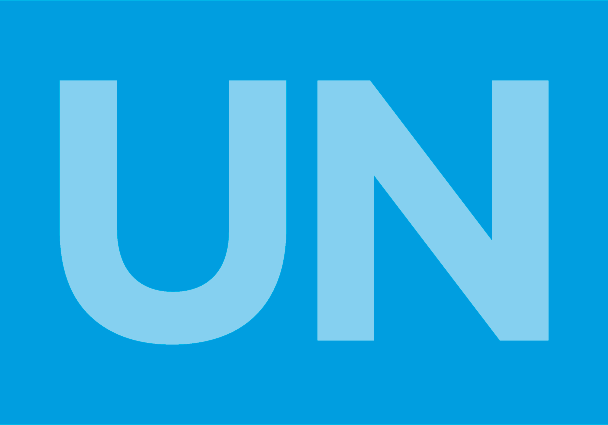
Sep 14, 2005 | News
The ICJ today called on United Nations member states to salvage the wreckage of their human rights promise by rebuilding a consensus by 31 December, to create a new, standing human rights body with greater authority and effectiveness.
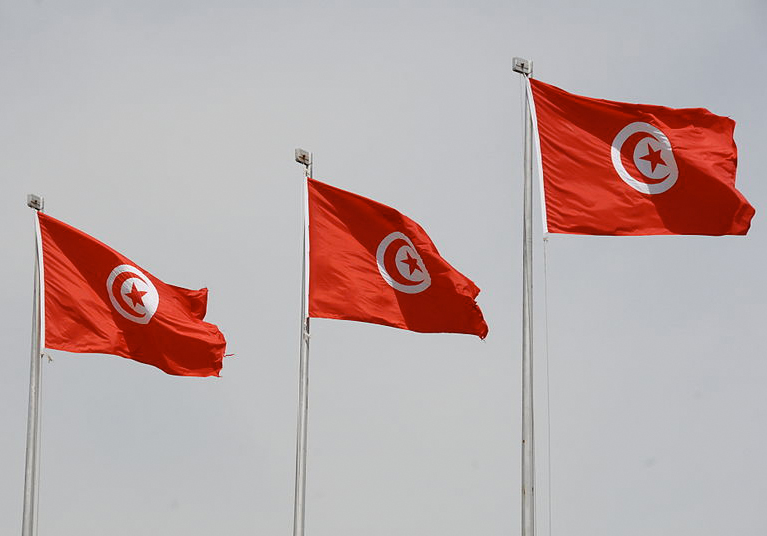
Sep 8, 2005 | News
La CIJ déplore la décision du Tribunal de première instance de Tunis de ne pas autoriser cette organisation affiliée à la CIJ à tenir son congrès annuel comme prévu les 9, 10 et 11 septembre 2005.
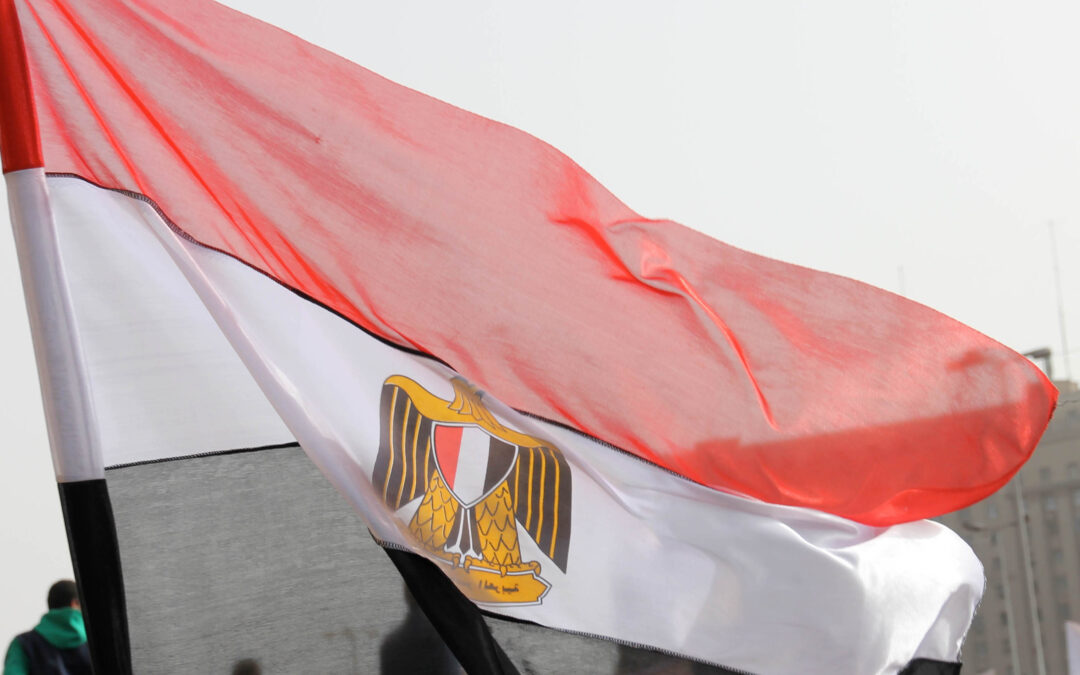
Sep 6, 2005 | News
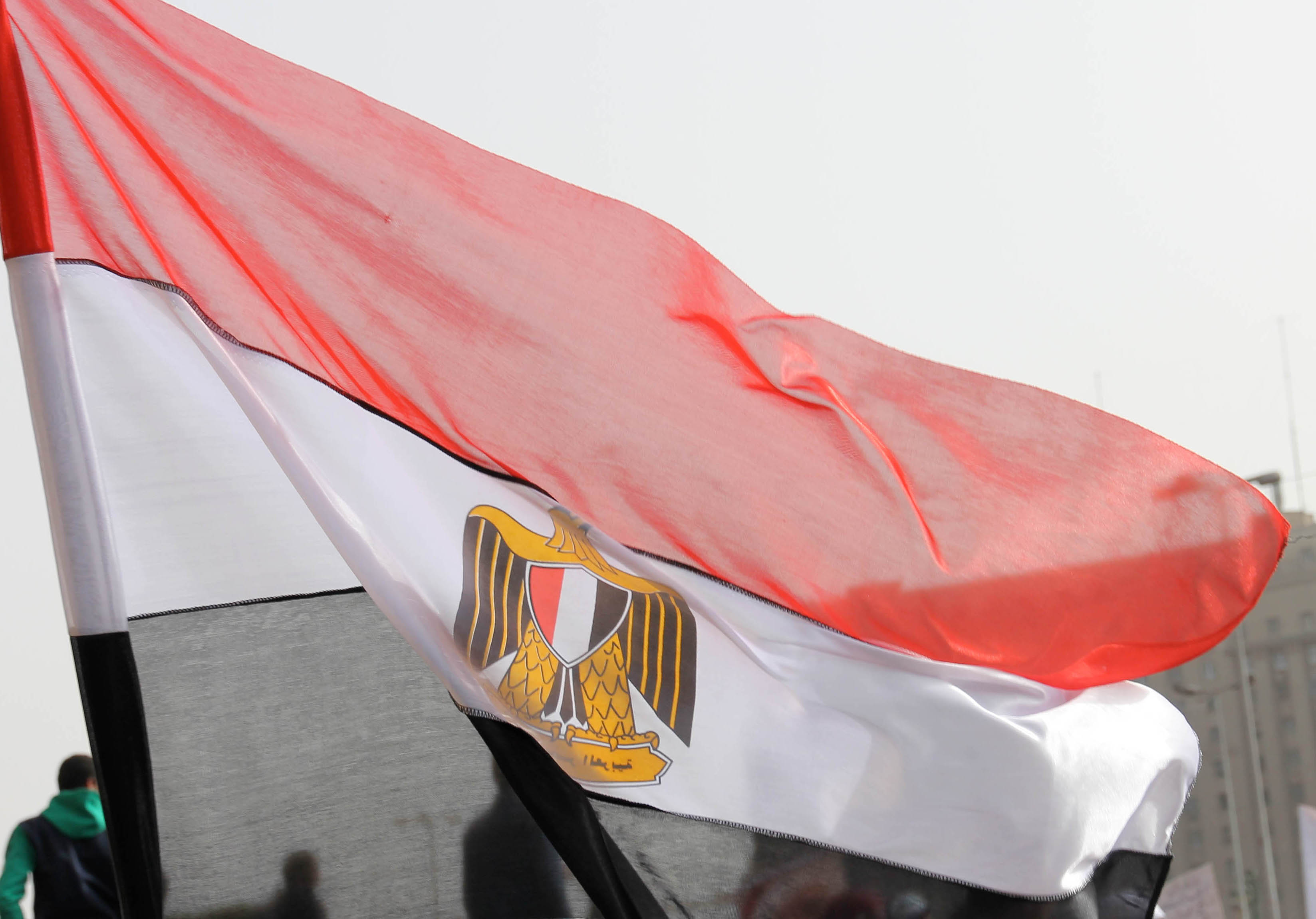 The ICJ expresses deep concerns at the refusal of the Presidential Election Commission to abide by a court decision to allow independent poll monitoring.
The ICJ expresses deep concerns at the refusal of the Presidential Election Commission to abide by a court decision to allow independent poll monitoring.
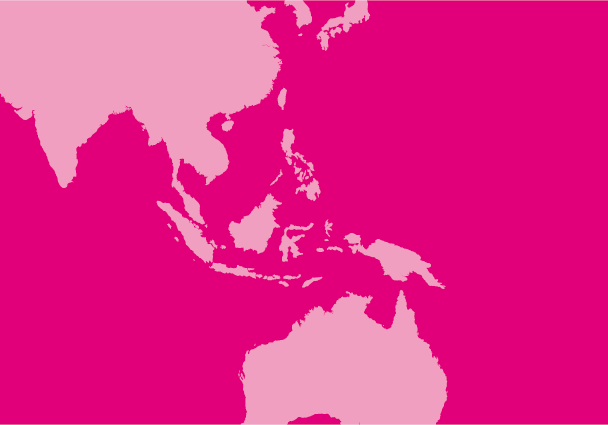
Aug 30, 2005 | News
The ICJ called on the Government of Nepal to lift legal restrictions on media freedoms and to immediately take measures to end intimidation, censorship, and unlawful detention of journalists.
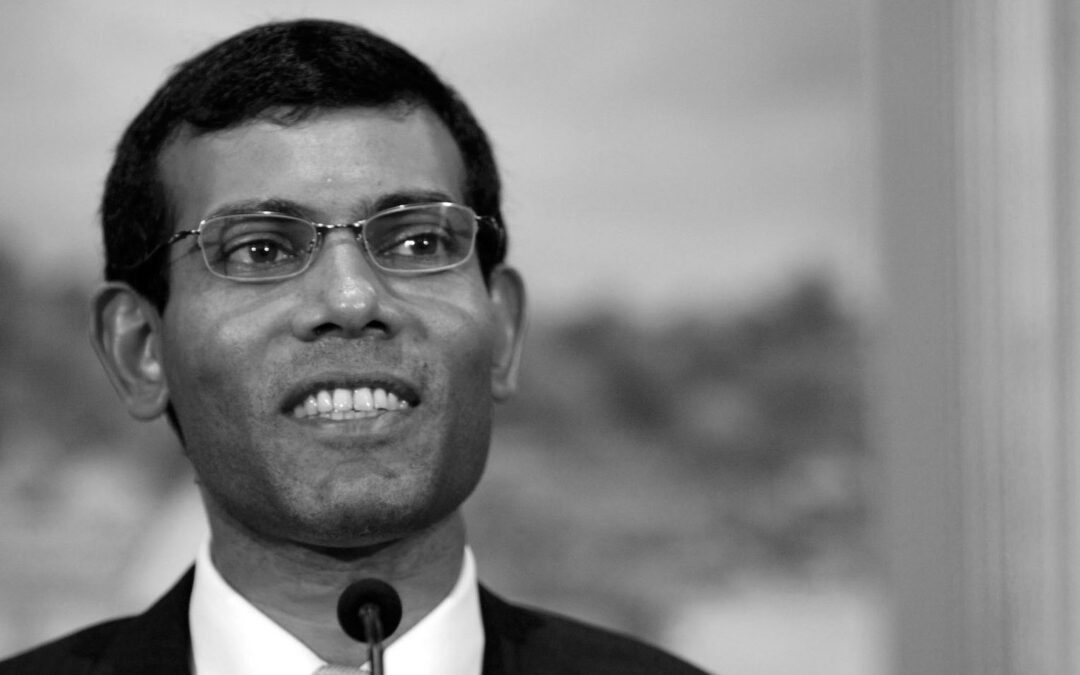
Aug 28, 2005 | News
The ICJ today announced it will observe the trial of Mohamed Nasheed (photo), Chairperson of the Maldivian Democratic Party, who is charged with offences against the state and terrorism.
The ICJ’s trial observer, Faisz Musthapha, former Sri Lankan High Commissioner to the United Kingdom and former Chairman of the Sri Lankan National Human Rights Commission, will be monitoring the trial for compliance with international fair trial standards.
“It is essential that international fair trial standards are followed,” said Nicholas Howen, ICJ Secretary-General. “At this initial stage it is important that the accused and his lawyer have adequate time to prepare the defence”.
Mohamed Nasheed, who was granted asylum in the United Kingdom, recently returned to the Maldives as the Chairperson of the Maldivian Democratic Party (MDP).
Photo by Britannica.com











